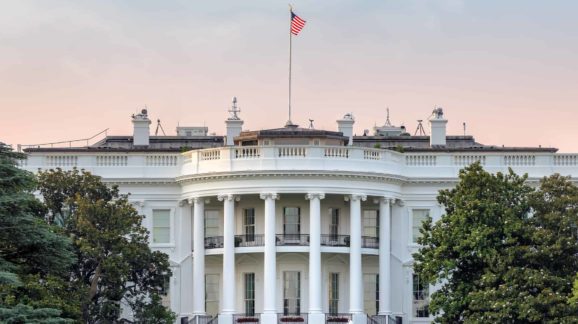Trump’s deregulation push: Several steps forward—and some sideways

Photo Credit: Getty
As I cover in a new column at Forbes, Trump 2.0 has brought a flurry of executive orders aimed at deregulation—one-in, ten-out rules, cost-benefit reviews for independent agencies, and even a directive to “commence the deconstruction” of the administrative state. These are big moves. But as always, the swamp fights back—and sometimes, it gets a little help.
Beware the swamp things
Trump’s deregulation drive is real, but lurking in the mix are “swamp things”—policies that, whether by accident or design, reinforce government power. Case in point: tariffs set to slap consumers on today’s “Liberation Day,” a floated “DOGE dividend” that echoes universal basic income schemes, and federal meddling in university funding to police speech instead of just eliminating federal funding.
This week brought two new executive orders that, rather than draining the swamp, risk refilling it. One cracks down on ticket “scalping” in the concert industry, expanding federal oversight of pricing in “mere” entertainment likely to ricochet across other sectors. The other creates an “Investment Accelerator” to fast-track billion-dollar projects—in a way that can inappropriately legitimize CHIPS Act-style industrial policy.
The ticketing trap
With Kid Rock at his side, Trump signed an order directing the FTC and DOJ to “ensure competition” in the ticket market and enforce the BOTS Act. But if markets supposedly can’t handle ticket resale, what does that say about industries like energy, healthcare, or finance?
The order ignores a key reality: artists and sports leagues hold major market power too. Many profit from resale markets, use bots themselves, and negotiate deals that drive up prices. If anything, taxpayer-subsidized venues and government contracts may distort the market more than scalpers do. The order is too narrow to address the scope of pricing complexities.
Bureaucracy in overdrive
Then there’s the Investment Accelerator—framed as a deregulatory move, but potentially reinforcement of Washington’s habit of picking winners and losers. While elements of this order properly call for removing regulatory barriers, the fast-tracking of billion-dollar investments sounds good, but it institutionalizes federal involvement in business decisions and heralds politically connected deals. With deregulation otherwise ascendant, making the bureaucracy itself a fixture in private markets is the wrong move, especially given what future progressives in power may decide to do with an Investment Accelerator.
Skipping leg day
Deregulation should mean actual dismantling—scrapping agencies, cutting subsidies, and eliminating the statutes that prop up the administrative state. Expanding federal authority over concerts and investment decisions is the opposite of that. If the swamp needs draining, the last thing we should do is clog the plumbing.
“Trump’s Deregulation Gains Muscle—But Is He Skipping Leg Day?” Forbes